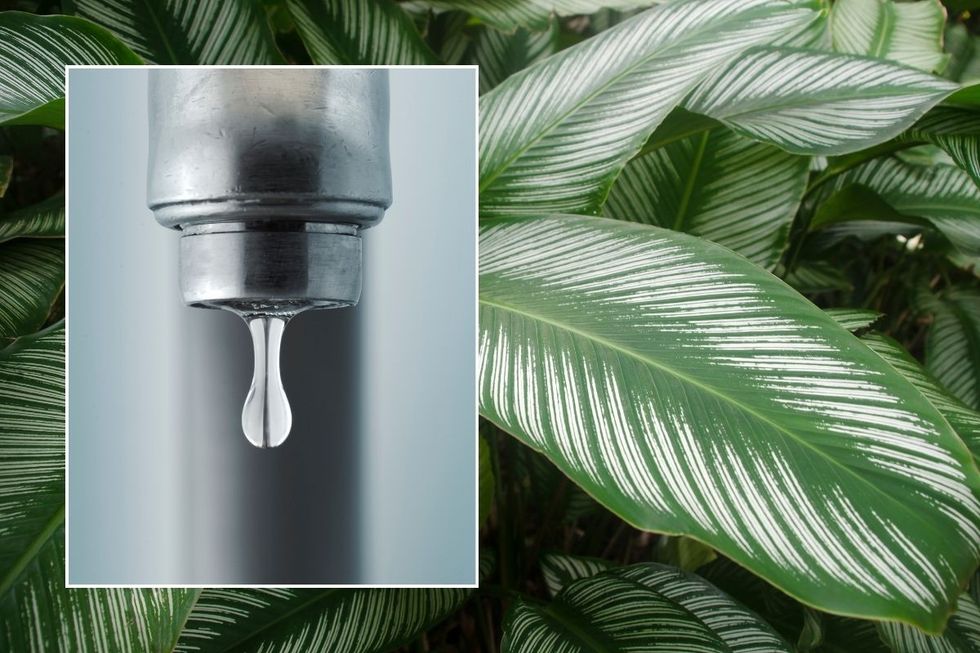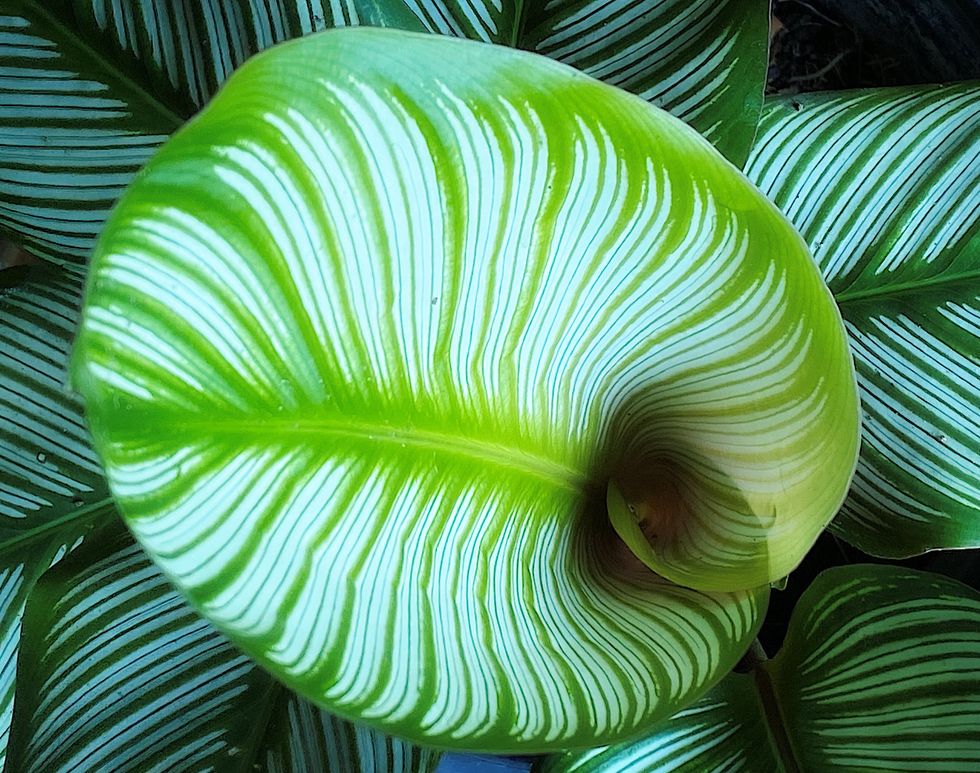'I'm a plant expert - I've discovered the secret to growing massive Calatheas and it's all down to one ingredient'
Neutralising tap water could help your plants thrive
The gardening enthusiast says his plant thrived after he added one ingredient to his water
Don't Miss
Most Read
Trending on GB News
Houseplants have a wide range of needs that are tricky to meet in British weather conditions, but they can still thrive with a few tricks.
The Calathea plant, in particular, is notoriously temperamental and sensitive to a wide range of complications, like root rot.
According to one gardener, adding a water conditioner to tap water can make all the difference to the plant's condition.
Richard, from Sheffield MAde Plants, claims this “number one” hack enabled him to grow a “massive” Calathea.

Neutralising tap water could help your plants thrive
GETTY
“I can safely say I now know what he wants,” he told viewers on YouTube. “I’ve got some nifty tricks up my sleeve, as well as some silly mistakes I’ve made that you’ll do well to avoid.
“Plus, one mistake that I’m going right now that has the potential to destroy this plant once and for all.
“The number one tip I can give you that has absolutely changed my plant game forever is to avoid dirty water.
“By dirty water, I mean the cheeky chemicals that our local water companies add to tap water to make it safe to drink.”
While tap water meets the needs of most plants, it can spell trouble for foliage because it contains fluoride, limescale and pH additives.
Adding water conditioner or dechlorination solutions to tap water is an easy way to neutralise the liquid.
Alternative solutions include collecting rainwater and using distilled water, but Richard insists a water conditioner is by far the simplest method.
“Last year I had brown leaf problems with my Calathea, but since using water conditioner this year, it’s really turned a corner," he said. “New leaves coming out untroubled.”
How often should you water your Calathea?
As a rule of thumb, Calathea likes their soil to be evenly moist with little dry periods between waterings.
LATEST DEVELOPMENTS

Calathea are prone to waterlogging
GETTY
Experts at Highland Moss said: “It can sometimes be tricky to tell when Calatheas need their next watering.
“These plants are susceptible to overwatering, which can be very damaging to their health.
"It’s best to wait until you see signs the plant needs water as opposed to regular watering once a week, look for a slight inward curl in the leaves and drooping of the steps as this is the best indicator that the plant needs a drink.”
Yellow leaves, sagging and root rot stench are all signs that the plant has been over-watered.







